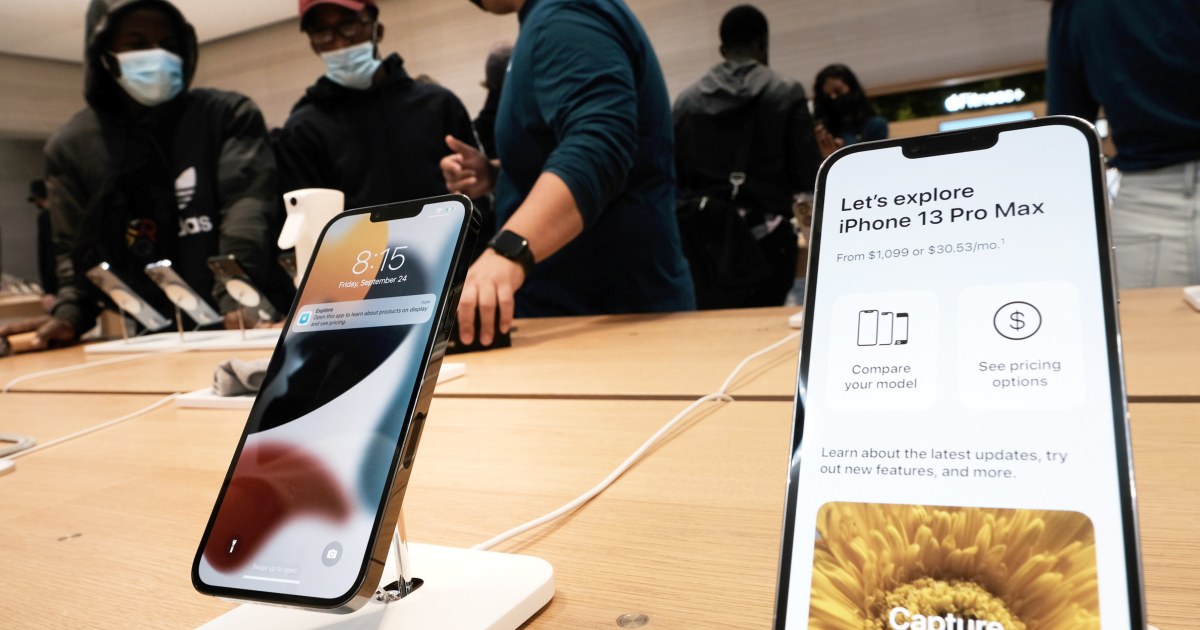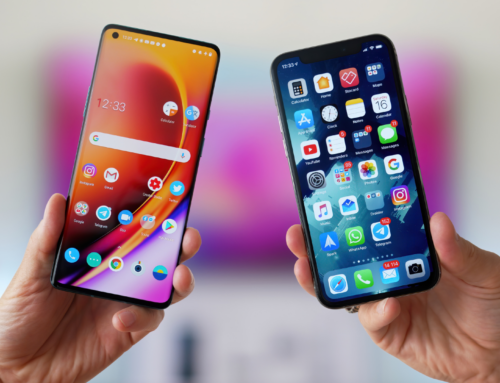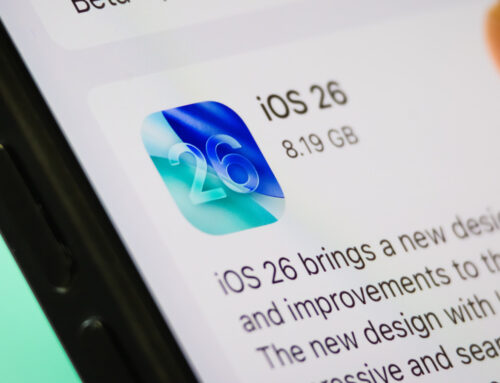Apple said Wednesday that it will start letting customers repair their own iPhones, even offering instructions and selling parts and tools for people to work on their devices at home.
It’s a major shift for Apple, which has for years kept stringent rules on what customers are allowed to do to their phones. Customers who tried to fix their iPhones risked voiding the warranties.
The program will also soon extend beyond iPhones to Mac computers, the company said in a blog post. It will be available in the U.S. “early next year” and then expand to additional countries.
“Creating greater access to Apple genuine parts gives our customers even more choice if a repair is needed,” said Jeff Williams, Apple’s chief operating officer, in the post. “In the past three years, Apple has nearly doubled the number of service locations with access to Apple genuine parts, tools, and training, and now we’re providing an option for those who wish to complete their own repairs.”
Apple has for years been the target of consumer rights activists who argued that the company’s rules against repairs were overly broad. In recent years, they have coalesced around the “right to repair” movement, which also pushed for Apple to allowed more third-party companies to repair the company’s products.
Apple had begun changing course. In 2019, it began selling parts, tools and repair guides to independent repair shops.
And the “right to repair” movement has extended beyond Apple. In March, new E.U. rules took effect that require companies to sell refrigerators, washers, hairdryers and TVs that can be repaired for up to 10 years.
Apple said it will also be launching a new store — the Apple Self Service Repair Online Store — where people will be able to buy more than 200 individuals parts and tools to make common repairs on iPhone 12 and iPhone 13 smartphones. But the company added that “visiting a professional repair provider with certified technicians who use genuine Apple parts is the safest and most reliable way to get a repair.”
Right to repair advocates cheered the news but also cautioned that there were still changes to push for.
“This is huge — what we’ve been working towards for nearly 20 years,” tweeted Kyle Wiens, CEO of iFixIt, a website that teaches people how to fix devices.
The Digital Right to Repair Coalition, a trade association that lobbies for right to repair legislation and standards, tweeted that the move was a “big cave” but that “the devil is in the details.
“This is far off the requirements of #righttorepair but proves that legislators are on the right track making similar requirements more broadly,” the group wrote.
Jason Abbruzzese is the senior editor for technology, science and climate for NBC News Digital.







